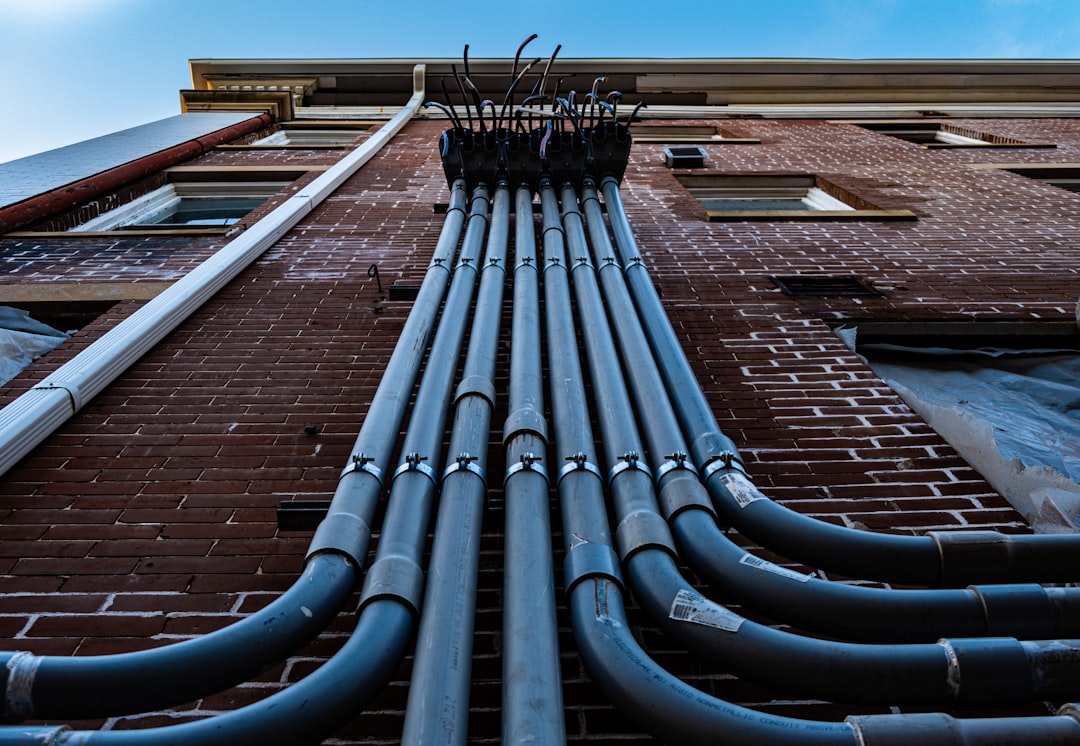5 Uses For

When it comes to pipeline projects, one of the most crucial decisions you can make is hiring the right pipeline contractor. Whether you are in the oil and gas industry or involved in municipal water systems, finding a reliable and experienced contractor can greatly impact the success and efficiency of your project. In this article, we will discuss what you need to know when it comes to hiring pipeline contractors.
0 Picture Gallery: 5 Uses For
1. Research and Vet Potential Contractors
Before making any decisions, it is essential to thoroughly research and vet potential pipeline contractors. Start by looking for contractors with experience in the specific type of pipeline project you are undertaking. Reading reviews and testimonials from past clients can give you valuable insight into their reputation and quality of work. Additionally, check if the contractor is licensed and insured to ensure compliance with industry standards and protect yourself from any liability.
2. Evaluate Expertise and Resources
Different pipeline projects may require specific expertise and resources. When evaluating potential contractors, consider the scope and complexity of your project and whether the contractor has the necessary skills and equipment to handle it effectively. Look for contractors who have a track record of successfully completing similar projects and have access to modern technology and equipment to ensure efficiency and accuracy.
3. Consider Safety Standards and Practices
Pipeline projects involve inherent risks, making safety a top priority. Ask potential contractors about their safety standards and practices. A reputable contractor should have a comprehensive safety program in place and prioritize employee training and certification. Safety certifications, such as OSHA standards, demonstrate a commitment to maintaining a safe working environment. By hiring a contractor with strong safety practices, you not only protect your workers but also minimize the risk of project delays and costly accidents.
4. Request Detailed Proposals and Estimates
Once you have narrowed down your choices, request detailed proposals and estimates from the remaining pipeline contractors. A well-prepared proposal should include a breakdown of the project timeline, costs, materials, and any potential challenges or risks that may arise. Look for contractors who provide realistic timelines and transparent pricing, ensuring that there are no surprises or unexpected delays during the project.
5. Consider Communication and Project Management
Effective communication and project management are critical for any successful pipeline project. During the evaluation process, assess how potential contractors communicate and whether they are responsive to your inquiries and concerns. Additionally, inquire about the project management approach they will employ. A contractor with strong project management skills will help ensure that your project stays on track and within budget.
6. Prioritize Environmental Considerations
In today’s world, environmental responsibility is a crucial factor to consider in any pipeline project. Look for contractors who prioritize sustainability and have experience implementing environmentally friendly practices. Inquire about their track record in minimizing environmental impact, such as using techniques to reduce emissions or recycling materials. By prioritizing environmental considerations, you not only contribute to a healthier planet but also enhance your reputation among stakeholders and the community.
7. Seek References and Client Testimonials
Finally, before making a final decision, request references and client testimonials from potential pipeline contractors. Speaking with past clients can provide valuable insight into their overall satisfaction with the contractor’s work. Ask questions about the contractor’s reliability, professionalism, and ability to meet deadlines. Taking the time to reach out to references will give you peace of mind and help you make an informed decision.
In conclusion, hiring the right pipeline contractor is crucial to the success of your pipeline project. By conducting thorough research, evaluating expertise and resources, considering safety standards, requesting detailed proposals, prioritizing communication and project management, focusing on environmental considerations, and seeking references, you can make an informed decision and find a reputable contractor who will ensure a smooth and successful pipeline project. Good luck with your search!
– Getting Started & Next Steps
This post topic: Technology